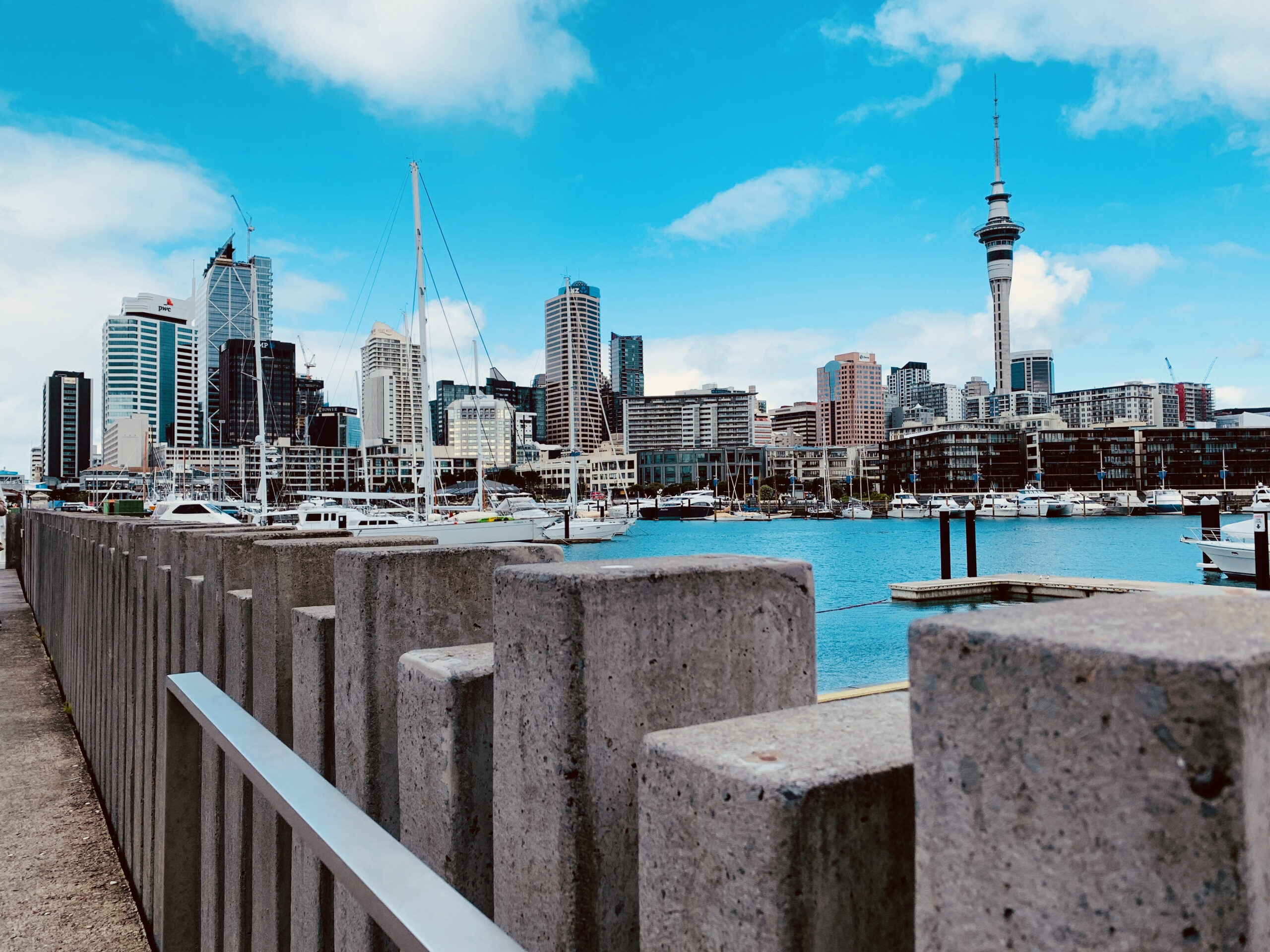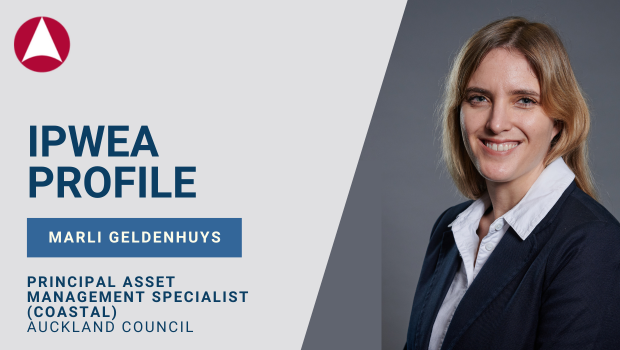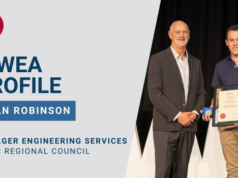For someone who travelled a great deal during her university days, a move halfway across the world didn’t pose too many hurdles for coastal engineer Marli Geldenhuys.
Last year, Geldenhuys was hired by Auckland Council to run its coastal asset management program and six months ago moved with her partner and two-year-old son from Cape Town, South Africa.
Geldenhuys speaks Afrikaans and English, and picked up a smattering of Spanish while undergoing the international Masters degree, Erasmus Mundus, in coastal engineering and environmental management at Delft University of Technology in the Netherlands (it involved studying in Barcelona as well as Norway).
Her grasp of basic Māori has come naturally. “I’ve done a few history courses about Māori – not so much language yet,” she says. “But te reo Māori is quite commonly used in councils so you pick up words quite fast. It’s very integrated into council, and interaction and consultations with mana whenua (Māori) very common, especially for renewals projects, but also for future planning initiatives such as the Shoreline Adaptation plans.”
It also pays to follow your passion. “I always wanted to work in coastal adaptation,” says Geldenhuys, who, after 14 years consulting, mainly with Aurecon, worked in local government with the City of Cape Town Municipality as head of coastal engineering and optimisation.
She worked on “some very exciting projects” such as repairing some of Cape Town’s Atlantic tidal pools, improving coastal access in Simon’s Town in the Western Cape and rebuilding historical and iconic bathing boxes in Kalk Bay.

In Auckland, she is focused on improving the management of Auckland Council’s large number of coastal assets, spread across its more than 3000 kilometres of coastline. These include boat ramps, wharves, seawalls, revetments, pontoons and breakwaters.
Auckland Council is currently reviewing its historical approaches to asset management – it has many different entities that manage coastal assets – and looking at renewal to ensure future resilience, particularly in light of recent unpredictable and severe weather scenarios.
Geldenhuys’ first big project was to re-map an asset hierarchy for the coastal assets and reclassify them. “One of the exciting elements of the work is that I was able to work with [roads authority] NZTA/Waka Kotahi on incorporating more coastal assets into their data standard which has been issued provisionally for comment,” she explains. “This will result in much more consistency over various authorities and councils in terms of the naming of coastal assets.”
She needs to write a management plan, and is currently undertaking a Professional Certificate in Asset Management Planning with the IPWEA. “Essentially you write a management plan as part of it. It’s good to do an exercise that is related to your actual work,” she says.
Earlier this year, Geldenhuys was awarded the IPWEA Asset Management in Aotearoa Scholarship by the IPWEA’s Scholarship Review Committee which enabled her to attend the 2023 IPWEA International Asset Management Congress in Australia in June.
“My manager saw the scholarship and suggested I apply. I was very lucky to be so new in a country and in a job and to receive the scholarship,” she says, adding that she thinks working in a specialist class of asset management may have helped.
“The council type coastal assets are not as researched and there’s not a lot of documentation. If I, for instance, want to have examples of expected useful lives it’s very easy to get it for standard municipal assets but to get it for coastal assets is actually quite challenging. There aren’t many examples out there.”
With 300 delegates attending from Australia, the UK, Canada and elsewhere, Geldenhuys was able to glean more about global best practice when it comes to asset management processes relevant to her role. “Certainly Australia seem to be at the forefront of coastal asset management, with the UK and Canada also providing some good examples. We hope to learn from these,” she says.
The congress also enabled her to broaden her contacts in the field. “It really helped establish connections with other councils and I have set up further meetings with them. They’ve shared information so it’s a good opportunity for us to learn from successes and sometimes also failures or learnings from other councils.”
In Mount Eden, where Geldenhuys and her family have set up home, she is enjoying the outdoorsy lifestyle: hiking, kayaking and paddle boarding.
“My husband likes to go fishing so we do a lot of coastal diving activities. But my main hobby is gardening, particularly vegetables. I’ve already established a spring garden,” she says.
“I’m in a neighbourhood with volcanic soil and I can really see how fast things grow. We’re quite close to one of the old volcanic craters and the soil is very dark because it’s basaltic soil. It’s amazing.”














